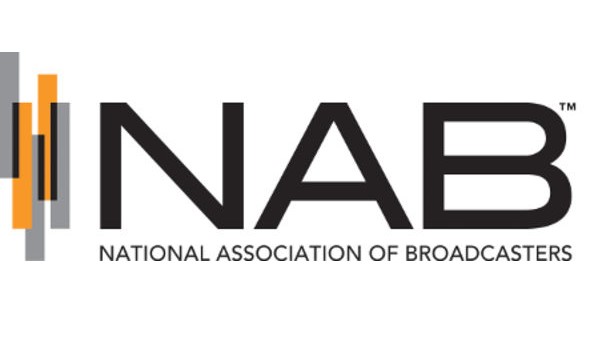NAB Says Google and Qualcomm Should Pay FCC Fees Too
WASHINGTON—This fee system is unfair. Now’s the time to fix it.
The National Association of Broadcasters didn’t use those exact words, but its latest comments to the FCC carry that clear message.

Most immediately, NAB is upset about a planned hike in regulatory fees that broadcasters must pay to the commission, especially about the impact on radio stations; it wants the commission to justify those increases clearly.
But more broadly the NAB is pressing the FCC to spread the burden around in future by charging other industries and organizations that benefit from its work, including wireless internet service providers and new tech giants like Google and Facebook. It says Congress recently opened the door by changing wording in the law that covers the fee process.
“The commission is not bound to collect regulatory fees solely from licensees,” NAB wrote. “[R]egulatory free riders leverage commission proceedings and the hard and ongoing work of commission staff to develop profitable business models without contributing regulatory fees. By expanding the base of contributors, the commission can significantly lower the regulatory taxes currently paid by some licensees while making its collection as a whole more accurately reflect the work of the commission and those who benefit from that work.”
This includes those who benefit from the FCC’s “significant and increasing level of attention to providing new opportunities for unlicensed spectrum. … As it stands now, radio and TV stations, among others, are paying for the FCC staff to handle this work.”
Among those who should pay, NAB said, are white spaces database providers and wireless internet service providers, as well as companies like Google, Microsoft, Qualcomm, Intel, Broadcom, Facebook, Amazon, Apple, the Dynamic Spectrum Alliance and the Internet Association, all of which the NAB said have submitted numerous filings—in some cases hundreds of them—requiring a great deal of FCC work.
Get the TV Tech Newsletter
The professional video industry's #1 source for news, trends and product and tech information. Sign up below.
“To add insult to injury,” NAB continued, “many of those entities use this savings to fund so-called ‘public interest’ groups, who work to undermine licensees, creating even more work for the commission for which only licensees have to pay. … [B]roadcast stations also pay for commission efforts to consider allowing new unlicensed uses supported by Facebook, Amazon, Apple, Cisco, Intel, Qualcomm, Microsoft and Broadcom that risk interference to transmitters, networks and programmers use to cover live sporting events and breaking news.”
NAB said the FCC now has “a golden opportunity to modernize its fee schedule to more accurately reflect the work the commission performs,” thanks to recent changes in the RAY BAUM’s Act that eliminated the schedule of regulatory fees and specifically removed the reference to “licensees” as entities from which the commission should collect fees.
Regarding the currently proposed fees, NAB complained that the commission “has a checkered history when it comes to clearly explaining the basis for its collection of regulatory fees,” and that the latest proposed fee structure “suffers from the same confounding flaws.”
As TVT's sister publication Radio World has reported, the association made its feelings clear in a phone call in May with officials of the FCC’s Office of Managing Director. It reiterated the reasons in this written filing. While the overall FCC budget is expanding by 5.3%, NAB said, the impact on the radio industry is severe, with regulatory fee increases of 18–20% for most stations.
Among other objections, NAB tartly challenged FCC data on the number of radio stations subject to regulatory fees, saying it is way, way off. “It’s as if these 800 stations boarded Oceanic Flight 815, mysteriously never to be seen again … Or has the commission changed something in the way it determines which stations are considered payment units and which are not?”
